Welcome to APA Learn!
Explore the catalog by scrolling through the courses on each page or by filtering by topic, price, credit type, or credit amount. Your purchased courses will appear in your APA Learn dashboard.

The session will explore new ways to address old problems regarding lack of housing. Five International Fellows in MIT’s Special Program for Urban and Regional Studies will discuss how Buenos Aires is trying to integrate “informal areas”, both economically and politically, into the main city; Mexico’s Social Housing Federal Program; the work of Without Borders to retrofit and strengthen old housing; construction of infrastructure in Bhutan’s low-income settlements; and a proposed zoning tool to enable middle to low income landlords in Mexico City develop mid density housing without having to sell their land to private developers or partner with them if they prefer.
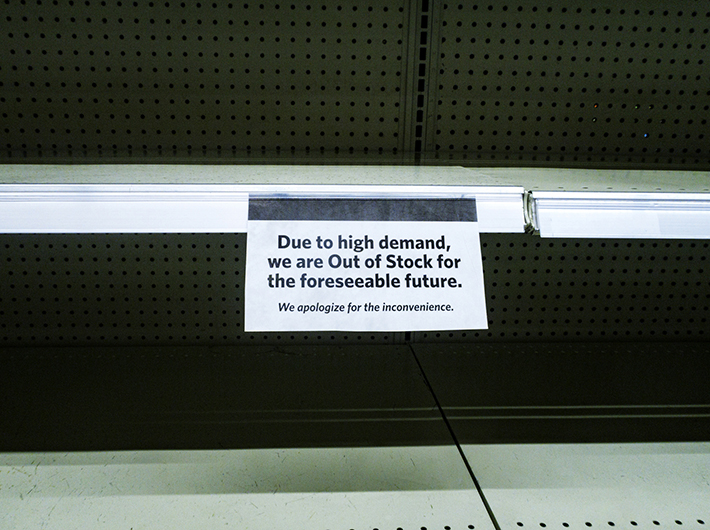
There are only nine meals between mankind and anarchy. Planning for food security and hazard mitigation before tragic events is imperative. This open conversation will invite interested parties to explore how planners can prepare their communities for these events.

Unpermitted ADUs are invisible in official housing data, limiting planners’ understanding of the actual housing stock and permitting barriers faced in their communities. We present a method for uncovering this blindspot, the surprising scale of the problem, and equity-driven solutions.

NPC24 Opening Keynote: Changing the Pace: The Impact of Multicultural and Multigenerational Momentum
Get ready to be inspired and motivated at the Opening Keynote! Join us as we welcome Lori Pace, for an unforgettable morning of passion, inspiration, and personal growth.

Leah Rothstein is a columnist and the co-author of JUST ACTION: How to Challenge Segregation Enacted Under the Color of Law. She led research on reforming community corrections policy and practice to be focused on rehabilitation, not punishment. She has consulted with nonprofits, cities, and private firms on community development and affordable housing.

Dr. Mary Beth Janke holds a Doctorate in Clinical Psychology and a Master’s in Forensic Psychology. She has supported individuals facing anxiety, trauma, and domestic violence. As a former Special Agent with the U.S. Secret Service, she was the only woman to protect a foreign president abroad. Dr. Janke gave a 2022 TEDx Talk, "How to Live a Badass Life at Any Age.” She now consults in forensi
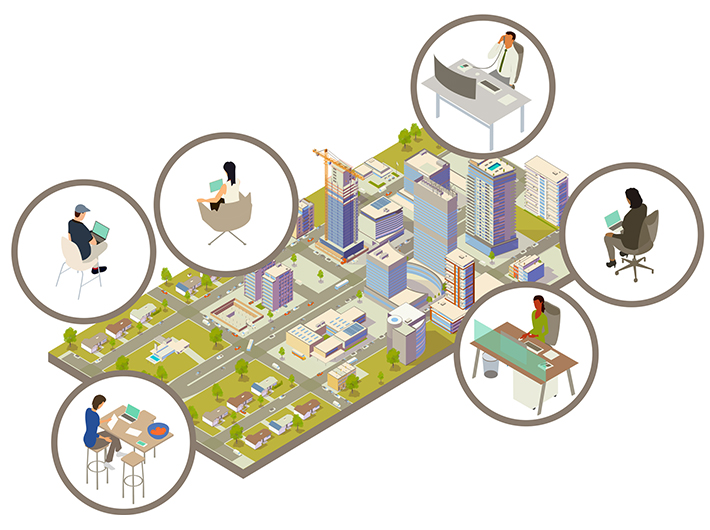
Navigating your career is daunting, and in an era of hybrid work, this process is shrouded in even more uncertainty. Join early- and mid-career professionals to discuss the lessons learned from starting careers in a hybrid world.
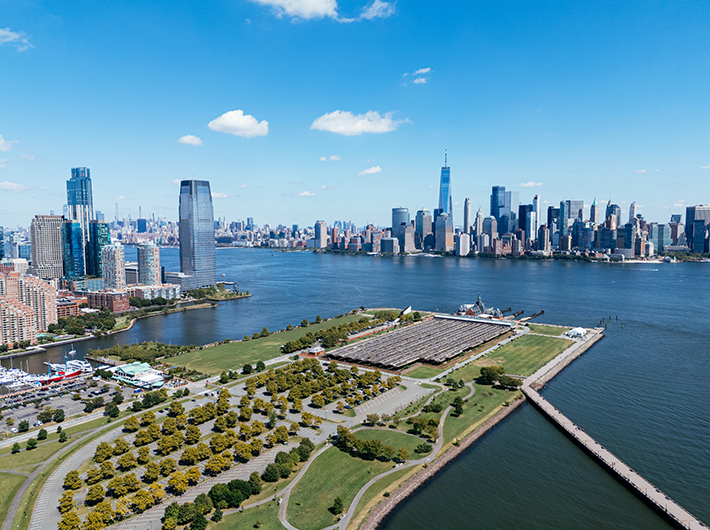
As built-out cities continue to densify, how can planners create new parkland in the face of land and resource scarcity? Learn how cities across the country are overcoming these challenges to create high-performance green spaces in underserved urban neighborhoods.

Planners are charged with helping community members move their cities toward a publicly created vision. Equitable access to resources and amenities is crucial to achieving success, and as such, responsive, community-minded transit planning is a necessary but often overlooked aspect.
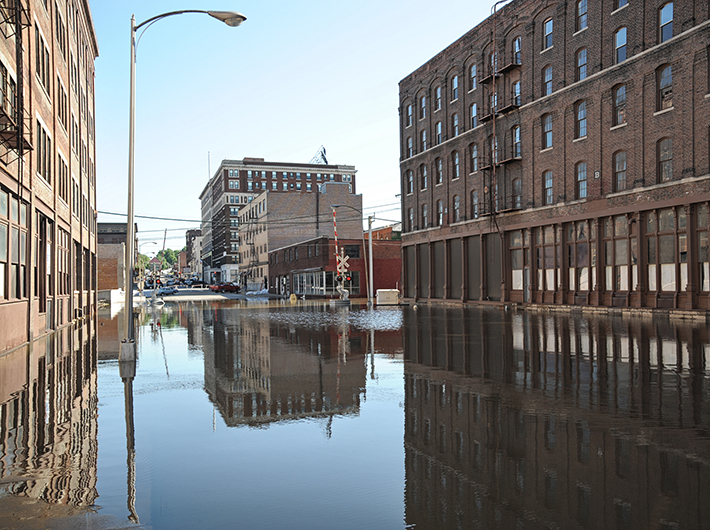
Planners have a role in emergency management, especially in the post-disaster recovery process, which can be very complex. Planners have the knowledge/coordination skills needed to help their communities recover. Discover the disaster recovery process now before disaster strikes your community!
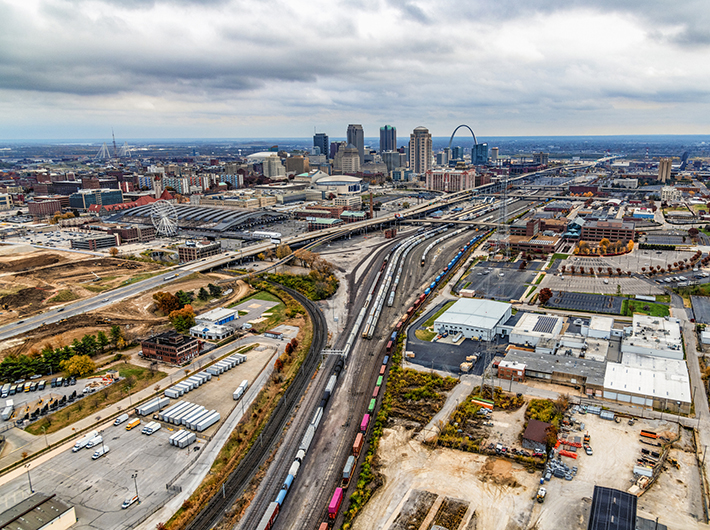
Scenario planning is an iterative, data-driven process that allows planners and others to evaluate policies and other development strategies against their short- and long-term land use goals for feasibility and successful implementation.

The disruption of the nation’s food supply brought by COVID-19 showcased the need to plan for a more resilient food system. Learn how planners can address systemic vulnerabilities and increase food security at the national, regional, and community levels.
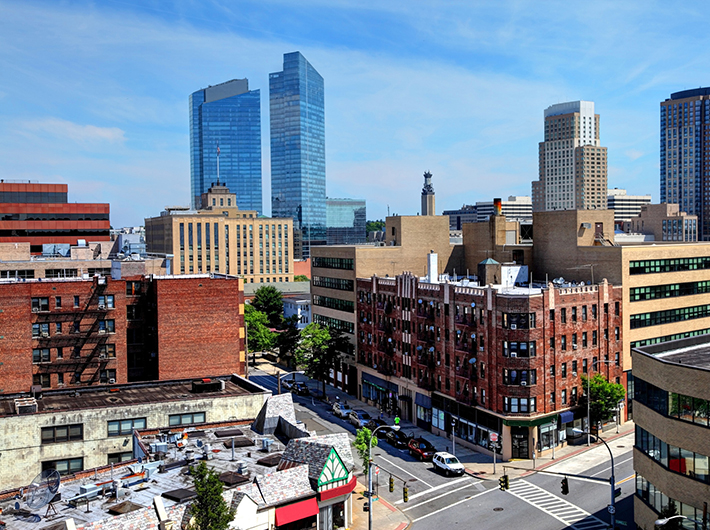
Discover a new and dynamic way to engage the public and reimagine the traditional multi-year comprehensive planning processes. Learn practical, yet creative, strategies to leverage technology and politics to adopt a modern and equitable comprehensive plan for your community.
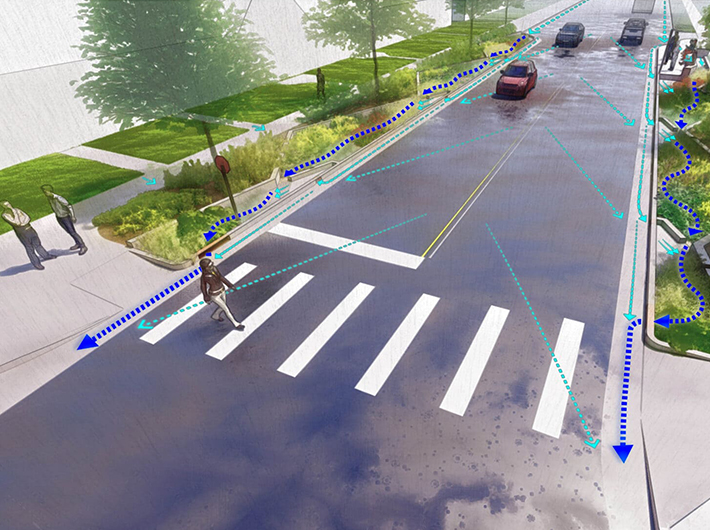
Urban heat islands, aquatic dead zones, and cardio-threatening air quality – U.S. city planners have a role in disrupting these patterns. Follow the journey of one city making green infrastructure easier for planners, landscape architects, and engineers to plan for.

The follow-up to the popular Planning Supervisors’ Playbook, Part 1, includes 3 interactive sessions that go deeper into key managerial skills. Sessions will focus on reimagining your team, building an inclusive environment and supporting resiliency.
CM | 4.50
Nonmember Price: $180.00
Member Price: $90.00
For a complete list of Speakers, click here.
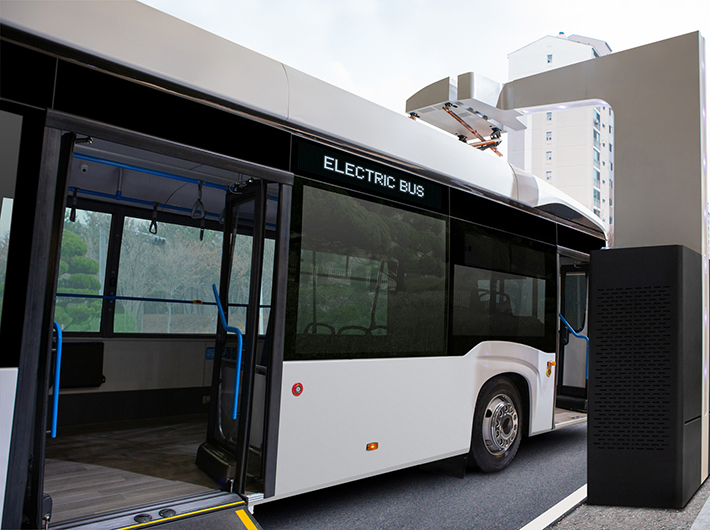
The focus on the transition to zero-emission technologies is increasing. Learn how planning with the community helps ensure that those most vulnerable to the effects of climate change can benefit and not be burdened in the transition.

This two part course will introduce you to the roles and responsibilities of planners in the hazard mitigation planning process. In particular, you will learn how to effectively plan, mitigate, and advocate for effective risk reduction and community resilience.
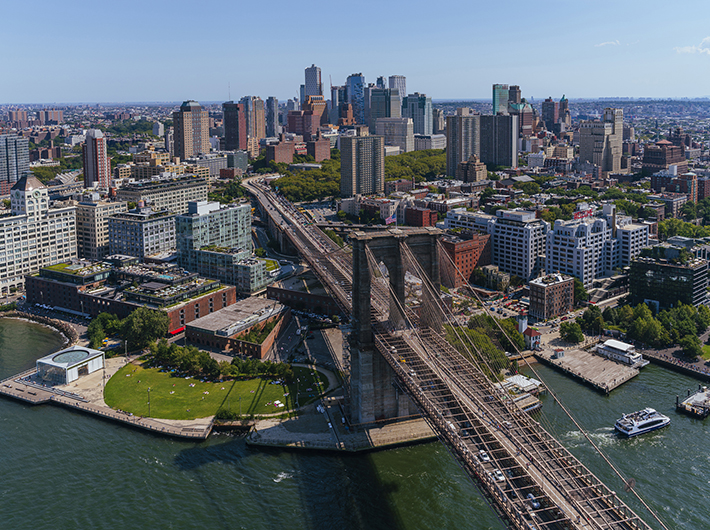
Learn about NYC's climate action efforts in environmental justice communities through incorporating climate budgeting, growing the green economy, and improving air and water quality for all residents.

Farmers continue to face environmental, social, and economic challenges to their agricultural operations which outdated land use policies and regulations can exacerbate. Planners have opportunities to adapt land use regulations in order to support farm viability.

Providing foundational concepts of property law, this session underscores how law has shaped the built environment, invites planners to reflect on their role in spatial injustice, and encourages members to engage with and share ideas on overcoming entrenched legal precedent.
CM I 1.00 (1.00 Law)
Nonmember Price: $0.00
Member Price: $0.00
For a complete list of Speakers, click here.

$250,000,000,000: the estimated cost of five disasters impacting the Houston-Galveston MPO since 2016. H-GAC will expand upon a 2018 FHWA Resiliency Pilot Program to inform a Regional Resiliency Plan to increase the region’s resiliency to climate change and billion-dollar disasters.
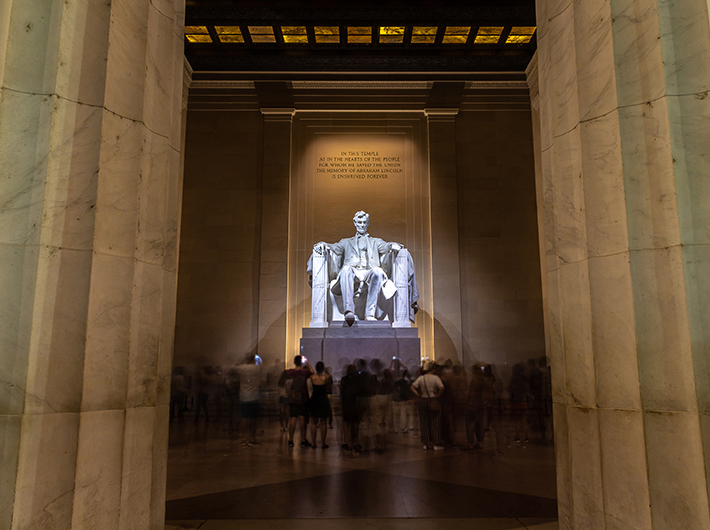
Monuments are more than reminders of the past; they communicate powerful messages about belonging in the present. Learn how cities are rising to the challenge to develop inclusive communities by reimagining who, and how, we remember in public.
CM I 1.00 (1.00 Equity)
Nonmember Price: $0.00
Member Price: $0.00
For a complete list of Speakers, click here.
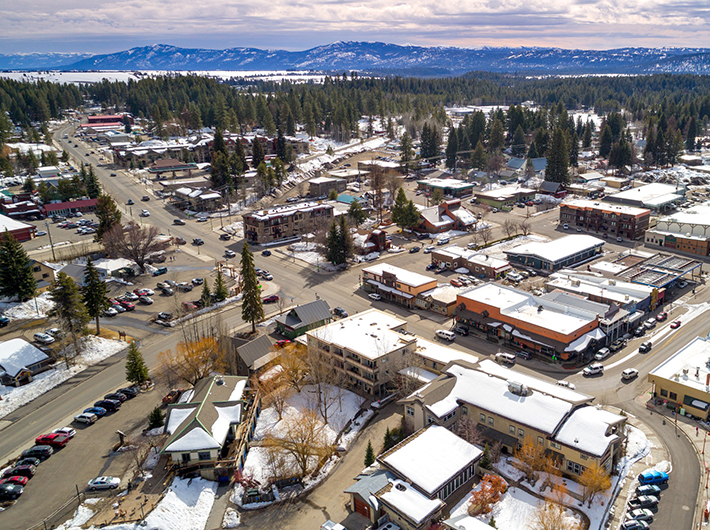
This session dives into the journey from inception to execution of planning and constructing local restricted housing in various western mountain owns, with an in-depth study of McCall, Idaho, Summit County, Colorado, and Jackson, Wyoming.

Reimagining Urban Planning is a series that explores new and innovative frameworks that critically challenge the competencies that planners are currently trained under and also re-examines the role of the planner. This is part one out of five sessions.

What must local planners do to comply with their state legal requirements on regulating — or prohibiting — marijuana businesses? This course is approved for 1.5 CM Law.
CM I 1.50 (1.50 Law)
Nonmember Price: $60.00
Member Price: $30.00
For a complete list of Speakers, click here.
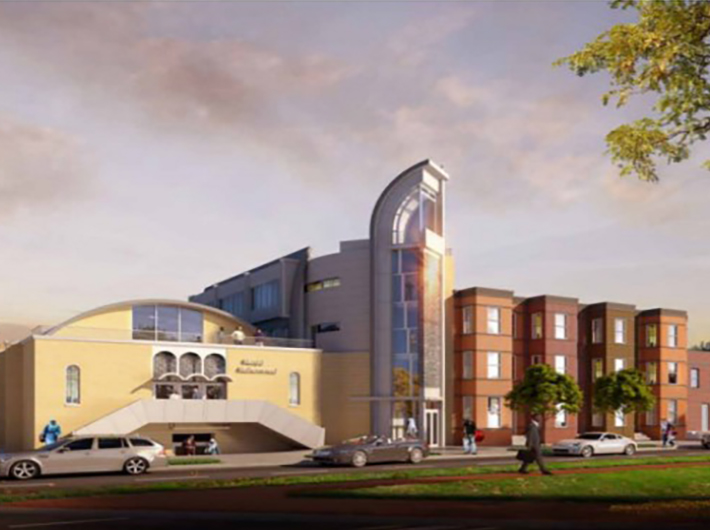
This session will explore collaborative efforts to repurpose underutilized faith-based land as permanent affordable housing and review potential zoning reforms, permit streamlining initiatives, and legal (including RLUIPA) challenges to be aware of to ensure such projects are successful.
CM I 1.00 (1.00 Law)
Nonmember Price: $0.00
Member Price: $0.00
For a complete list of Speakers, click here.

Building resilience demands an ecosystem approach. This enables the complexity and interconnectedness of a community's ability to cope with uncertainty. This session will transform your toolkit and create new pathways to drive solutions.

In an era of rapid urbanization and climate uncertainty, urban planners must navigate uncharted territories. Explore how innovative technologies fortify city resilience, equipping planners to create adaptive, sustainable, and future-ready urban landscapes.
CM I 1.00 (1.00 Sustainability & Resilience)
Nonmember Price: $0.00
Member Price: $0.00
For a complete list of Speakers, click here.
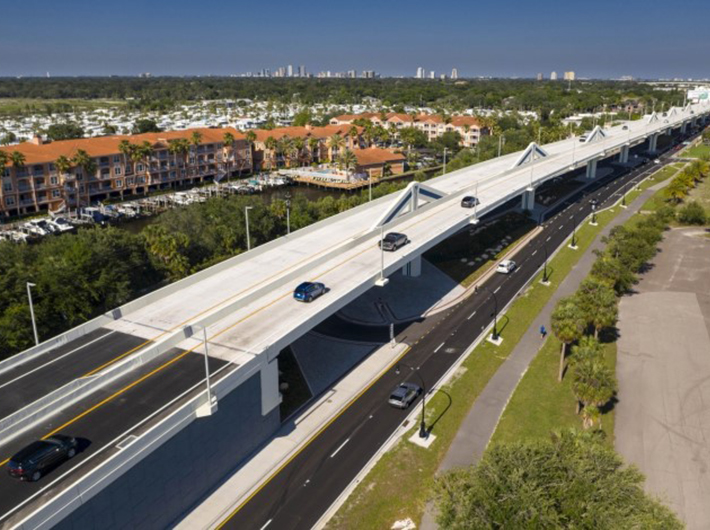
THEA’s Selmon Extension is a model for incorporating equity during the development of a regionally significant project. The team will discuss diverse methods and inclusionary protocols utilized throughout the public engagement process to provide a community-focused resilient corridor project.
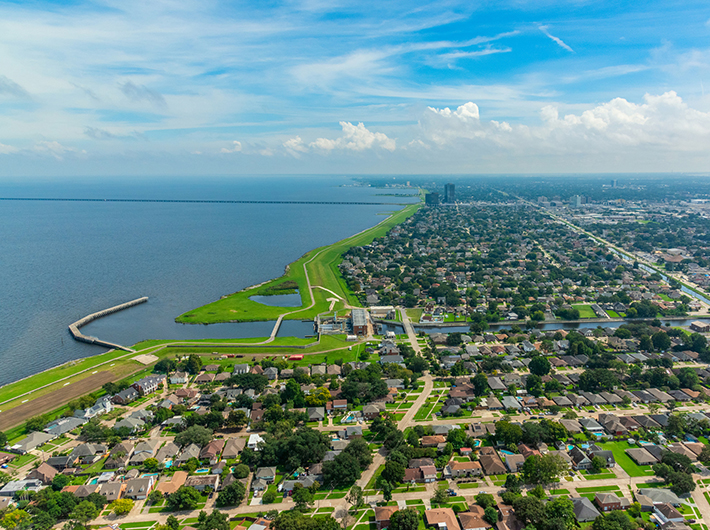
Planners are grappling with housing supply issues and climate change impacts. This case study offers an investigation of both. Planning for housing that can withstand current and future conditions will be fundamental to the profession for generations to come.
